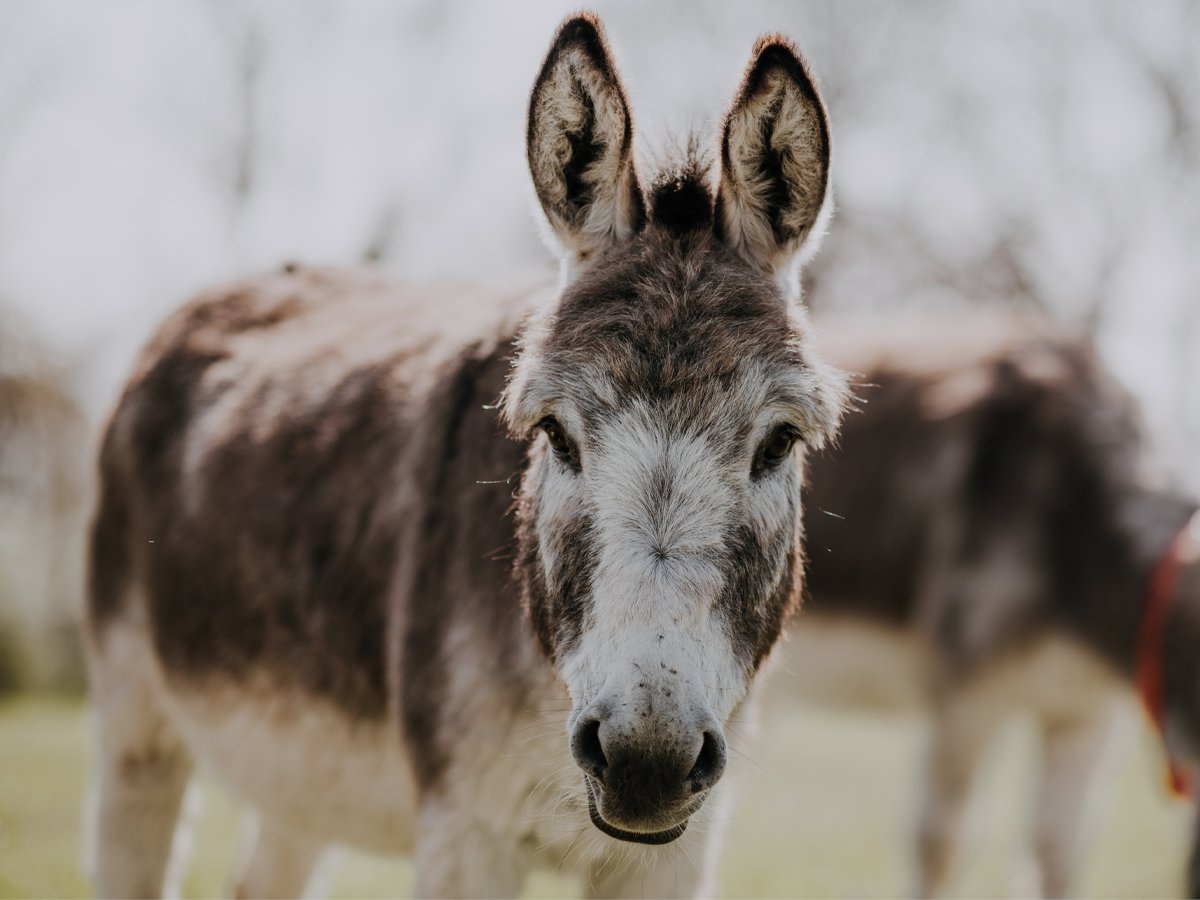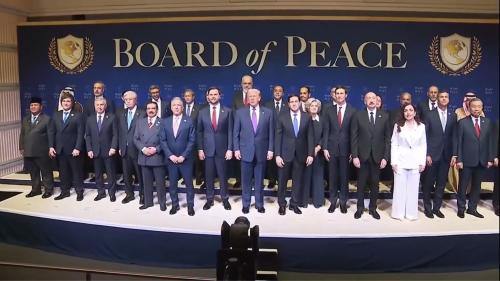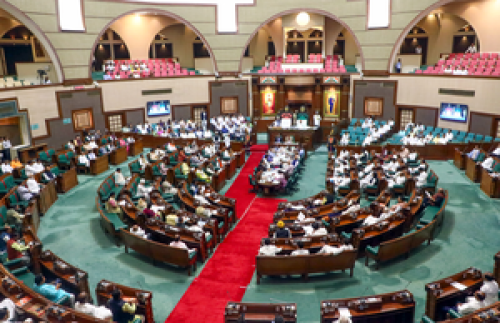Johannesburg, July 9 (IANS) A popular period drama on Chinese TV helped lead to the theft and brutal slaughter of millions of donkeys in Africa, a media report said. It all started when fans of the show 'Empresses in the Palace' saw the aristocratic characters using a traditional Chinese medicine called "ejiao", which is made from donkey skin, the VOA report quoted Simon Pope, who works for UK-based charity the Donkey Sanctuary, as saying. "It was all set in the (Chinese) imperial court and at a certain time of the day the ladies of the court would all say, "Let's have some ejiao'," Pope told VOA. Ejiao, also called donkey glue, is used as medicine or as a tonic for health and beauty in China. "As a result of this programme the demand for ejiao just literally went through the roof," he said of the show's first broadcast in 2011. The problem was China simply does not have enough donkeys to be able to meet demand. The Chinese started looking for donkeys abroad, particularly in Africa where they're used as a beast of burden by rural communities from Mali to Zimbabwe to Tanzania, said the VOA report. When locals didn't want to sell, thefts started, with distressed farmers finding their precious donkeys skinned and left to rot on the veld, it added. China needs about 5 million donkeys a year to produce and meet the demand for ejiao, and about 2 million of these come from the country's own population of the animals. Of the remaining 3 million or more sourced abroad, the Donkey Sanctuary estimates that between 25 per cent and 35 per cent are stolen. Now, years into the trade, populations are down, and some African countries are fighting back. Tanzania last month banned donkey slaughter for the skin trade, saying the country's donkey population was at risk of becoming extinct. Other African countries including Nigeria have also introduced bans on donkey slaughter or exports of the animal. "I think the message that's going to China, from Africa in particular, is that our donkeys are too valuable an asset to have them skinned and shipped off to China to have them made into medicine. Our donkeys are not for sale," Pope told VOA. However, he noted that because of China's economic clout on the continent and massive investment in infrastructure, other nations are loath to push back against the trade. South Africa allows the butchering of donkeys but only at two licensed slaughterhouses and with a quota of 12,000 a year. Now South African donkeys are being smuggled into Lesotho, a tiny mountainous kingdom surrounded by South Africa. "We are not sure exactly what the link is and how they're getting it out, maybe easier from Lesotho," Grace de Lange, an inspector with the National Council of Societies for the Prevention of Cruelty to Animals (NSPCA) in South Africa, told VOA. "We've had meetings with (the) government in Lesotho and they're also investigating... It's going to the Chinese market," she said, adding that authorities have also intercepted skins in warehouses and at the airport. While small-time local criminals have been prosecuted after being arrested transporting the animals, the Chinese running the large syndicates are usually harder to get to, de Lange told VOA.
Africa's donkeys being slaughtered for Chinese medicine: Report
- by Rinku
- July 09, 2022 2 minutes

Ejiao, called donkey glue, is used as medicine or as a tonic for health and beauty in China. -- IANS











